October 28, 2024 | 21:55 GMT +7
October 28, 2024 | 21:55 GMT +7
Hotline: 0913.378.918
October 28, 2024 | 21:55 GMT +7
Hotline: 0913.378.918
Before the implementation of Law No. 71/2014/QH13 (Law No. 71), fertilizers, machinery, and specialized equipment for agricultural production were subject to a 5% value-added tax (VAT) rate. Accordingly, goods and services within this category were eligible for input VAT deductions.
From January 1, 2015, Law No. 71 came into effect, and these items were classified as non-taxable under VAT (as opposed to a 0% tax rate) and were no longer eligible for input VAT deductions.
In practice, the regulation that classifies fertilizers, machinery, and specialized equipment for agricultural production as non-taxable under VAT (Article 3, Clause 1 of Law No. 71) has hindered the development and investment in domestic fertilizer production and has failed to achieve the goal of reducing fertilizer prices when Law No. 71 was enacted.
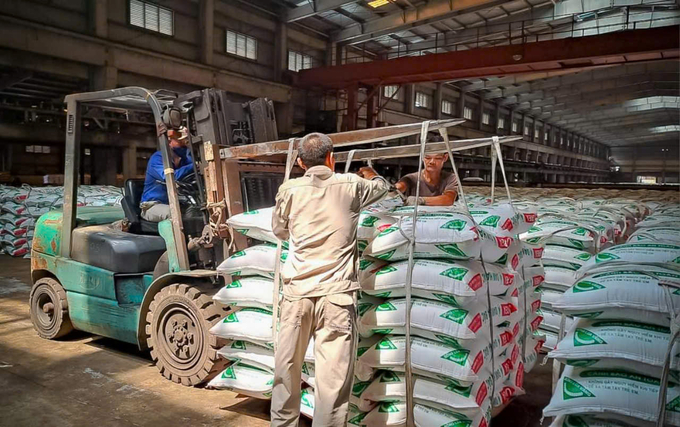
The application of a 5% value-added tax (VAT) helps ensure the proactive development of fertilizer supply for agriculture from domestic production.
At a recent conference in Hanoi to disseminate the Project on Improving Soil Health and Managing Crop Nutrition, Dr. Phung Ha, President of the Vietnam Fertilizer Association, stated that since the enactment of Law No. 71, the number of enterprises investing in the construction of high-tech and green fertilizer plants has been minimal, with one of the main reasons being the restrictions imposed by Law No. 71.
Therefore, according to Dr Phung Ha, transitioning fertilizers to be subject to a 5% VAT is essential. This would allow producing companies to declare and deduct the input VAT of goods and services, including investments in purchasing fixed assets for fertilizer production.
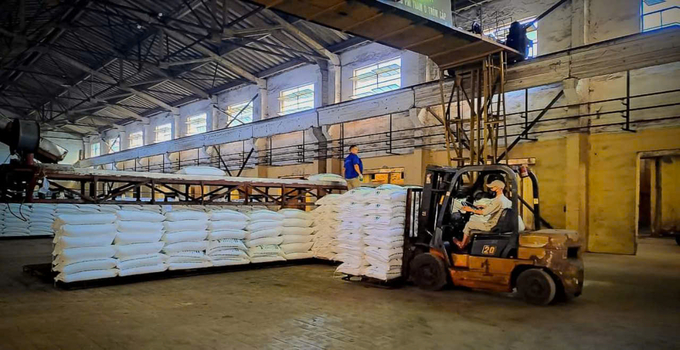
The application of a 5% value-added tax (VAT) on fertilizers benefits not only production enterprises but also farmers and the government.
For enterprises: The input VAT (incurred domestically and at the import stage) of fertilizer production companies will be deductible or refundable in accordance with the regulations of VAT law.
For the Market: The implementation of a 5% value-added tax (VAT) contributes to promoting the domestic fertilizer production sector, which serves as an essential input for agriculture. This measure creates a stable supply for farmers, reduces dependence on imports, and addresses price instability and fluctuations in imported fertilizer prices, thereby contributing to the sustainable development of agriculture.
For the State Budget: The government budget will fully collect the amount generated from applying VAT on imported fertilizers.
Translated by Hoang Duy
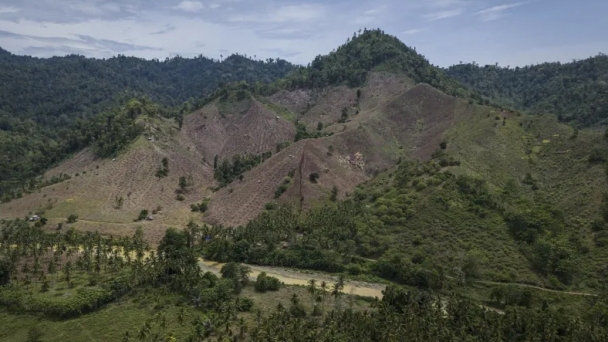
(VAN) Experts and environmentalists fear the rising international and domestic demand, coupled with weak domestic regulation, will accelerate deforestation at the same time it prolongs the use of highly polluting fossil fuels.
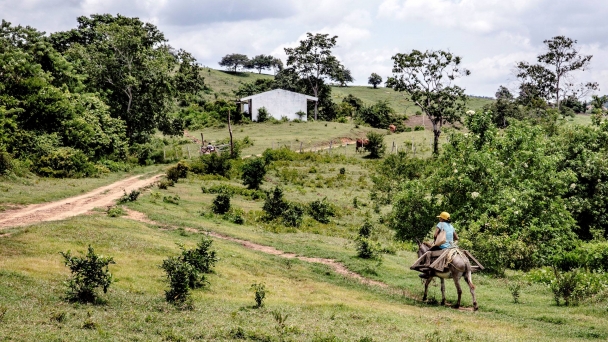
(VAN) Progress towards landmark COP15 pledges now depends on integrating agrifood systems into National Biodiversity Strategies and Action Plans.
/2024/10/25/3704-3-133321_683.jpg)
(VAN) With an area of more than 10,300 hectares of fruit trees, Moc Chau is one of the localities that soon found an export route for fruits in Son La.
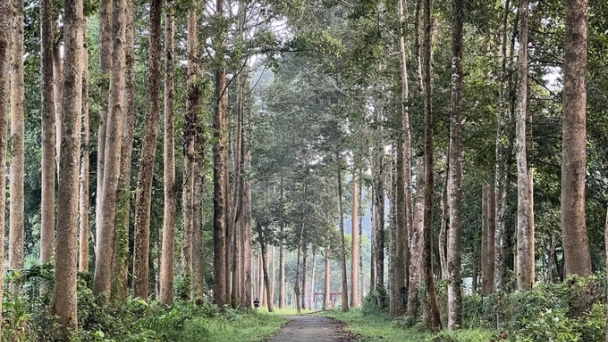
(VAN) Besides transparency and accountability, forest production unit codes are important for implementing payments for forest environmental services.
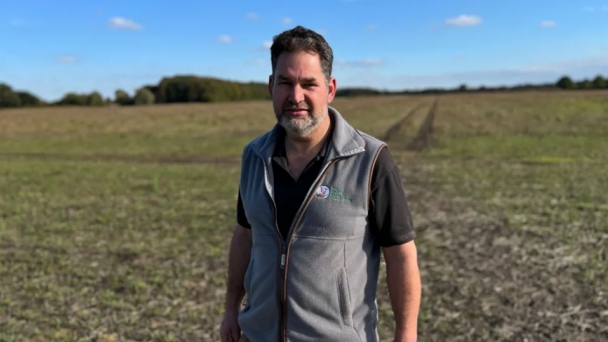
(VAN) A farmer who dramatically cut back on his use of a harmful fertiliser has said he has improved the health of his crops and 'significantly reduced' his costs.
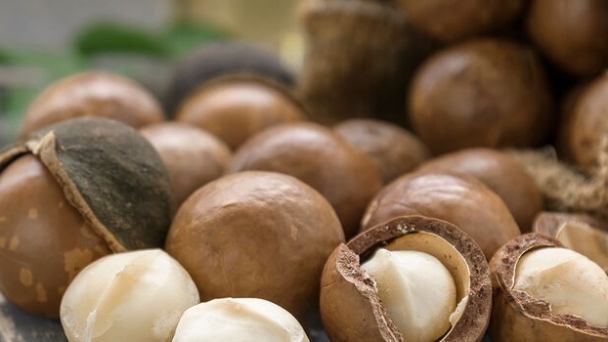
(VAN) Agriculture Cabinet Secretary Dr. Andrew Karanja on Tuesday announced the government will be banning the harvesting of macadamia nuts beginning next month.